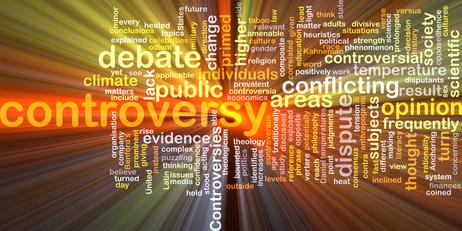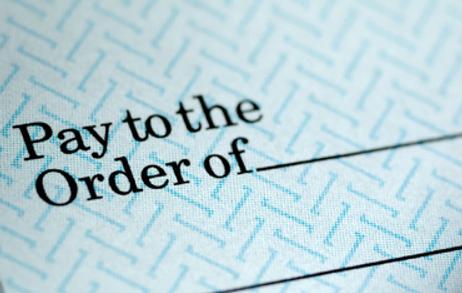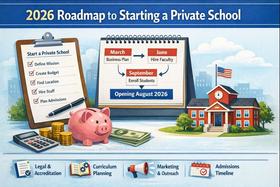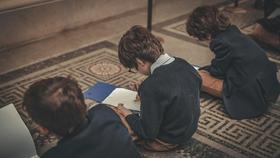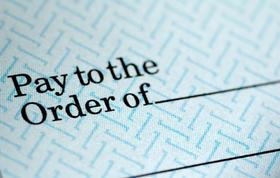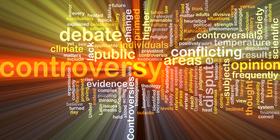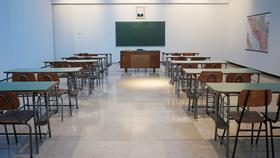Stories about parents upset with CRT, vaccine mandates, virtual teaching, and, well, you name it, just about anything you can think of in our public schools have brought home the essential difference between public schools and private schools. Of course, most public schools have to cater to a large, in some cases, a vast constituency of parents, teachers, administrators, taxpayers, unions, and politicians. But, on the other hand, private schools only have to satisfy the families that opt to send their children to them.
As much as possible, let's compare apples to apples as we look at how public schools and private schools cope with the incredible number of pressure points involved in running a school in the second decade of the 21st-century.
This video from PBS explains critical race theory.
A public school district's mission
Constituency
Generally, a public school district serves the municipality in which it is located. The exception occurs when several towns band together to create a regional school district. Thus, public schools have to be responsive to the community's needs. They also have to follow all applicable federal, state, and local laws and regulations that pertain to their operation.
Funding
Most of a public school district's funding comes from real estate taxes levied by the municipality. Most school district budgets are presented, discussed, and voted on in the first four months of the calendar year. If the taxpayers disapprove

